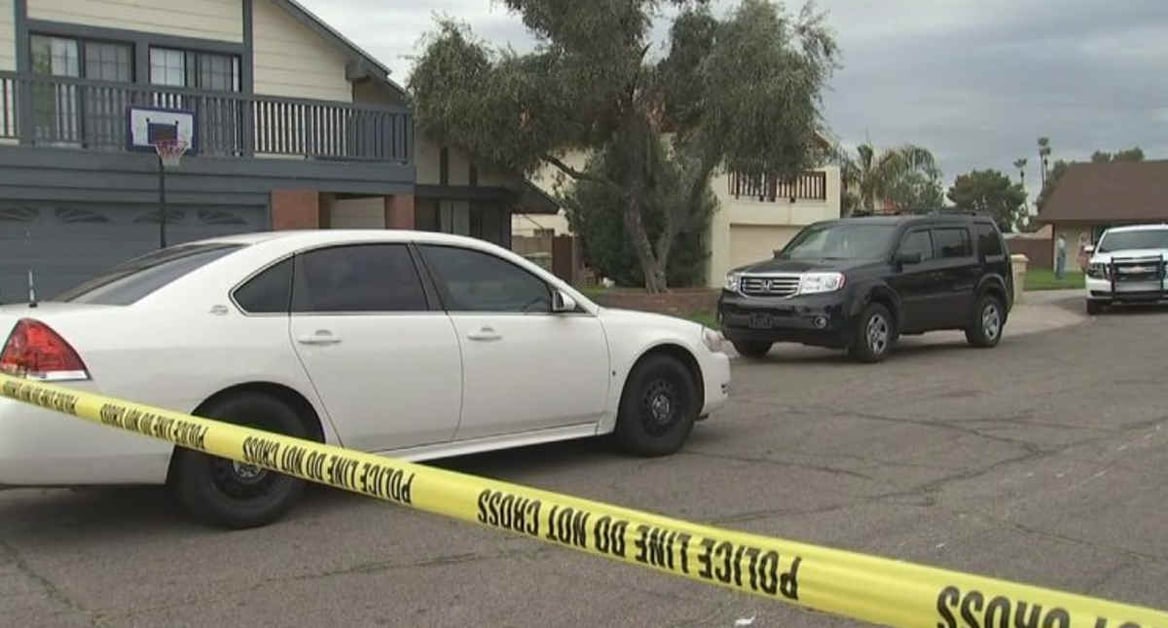When you use your gun to defend yourself, it’s called a “defensive gun use”. There are no two defensive gun use scenarios that are precisely identical in every way. Each one is going to have its own degree of nuance and considerations. In this article, we’re going to talk about some best practices relating to handling the aftermath of a defensive gun use.
Reasons Why You Should Use A Gun To Defend Yourself
State laws change depending upon where you are. The authorized conditions whereby a court will deem your actions to be justifiable are covered under specific laws. Your primary concern should always be your life.
Reasons why people have used a gun to protect themselves:
- If you believe your life is in direct, imminent danger
- If you are being physically assaulted by one or more assailants
- If you witness someone committing a violent act against another person
- If your home or family is in danger
There are probably quite a few other reasons but these are just some of the most prominent in the stories we’ve covered. The crux of nearly all of them is you have a very firm belief that your physical life or the life of another is in direct jeopardy.
What To Do After Defensive Gun Use
After you have used your personal firearm to defend yourself, your body will undergo some extremely fast changes. Your body is flooding itself with a hormone called Cortisol. This hormone will affect the way you see things, perceive information, and even recall recent memories.
This is why we harp on training so much. Having good fundamental training principles ingrained within you will help you react strategically when you are at your weakest mentally.
Physically scan your surroundings. Don’t just look out through your periphery, physically move your head and body to scan your area. Do not assume your assailant acted alone. Do not assume that just because he’s down, he’s out.
Take cover. Do not give your assailant or his accomplices the opportunity for a cheap second chance.
Notify law enforcement. As soon as you are able, notify emergency services. Keep your story simple and straight to the point.
Keep your handgun drawn and on your assailant.
Identify yourself to police. When police arrive on the scene, they need to know who’s armed and where they are. You can help by letting them know where you are and where your assailant is located.
Comply with all requests made by police. The police will probably confiscate your gun while they talk with you. They may ask you to put your gun on the ground and step back from it. They will ask you if you have any other weapons on your person. Knives count as weapons. Please make sure to disclose all firearms and personal weapons still on your body.
If possible, contact an attorney. You will be questioned by police. You may or may not have a clear recollection of the events as they transpired. Do not second guess yourself — contact an attorney. An attorney will be able to ensure that the questions being asked are fair questions and that you do not accidentally incriminate yourself through either omission or faulty recollection.
You’re the good guy. You’re the person defending your life, your family, and your property. Do not doubt it for a second and do your best to stay safe after the shooting is over.













![[FIREARM REVIEW] Bond Arms Backup .45acp – Ultimate Concealed Carry Derringer](https://imagedelivery.net/sbm_lYeJbALkepJgtmRD5w/concealednation.org/2016/04/maxresdefault-3.jpeg/w=728,h=381)
